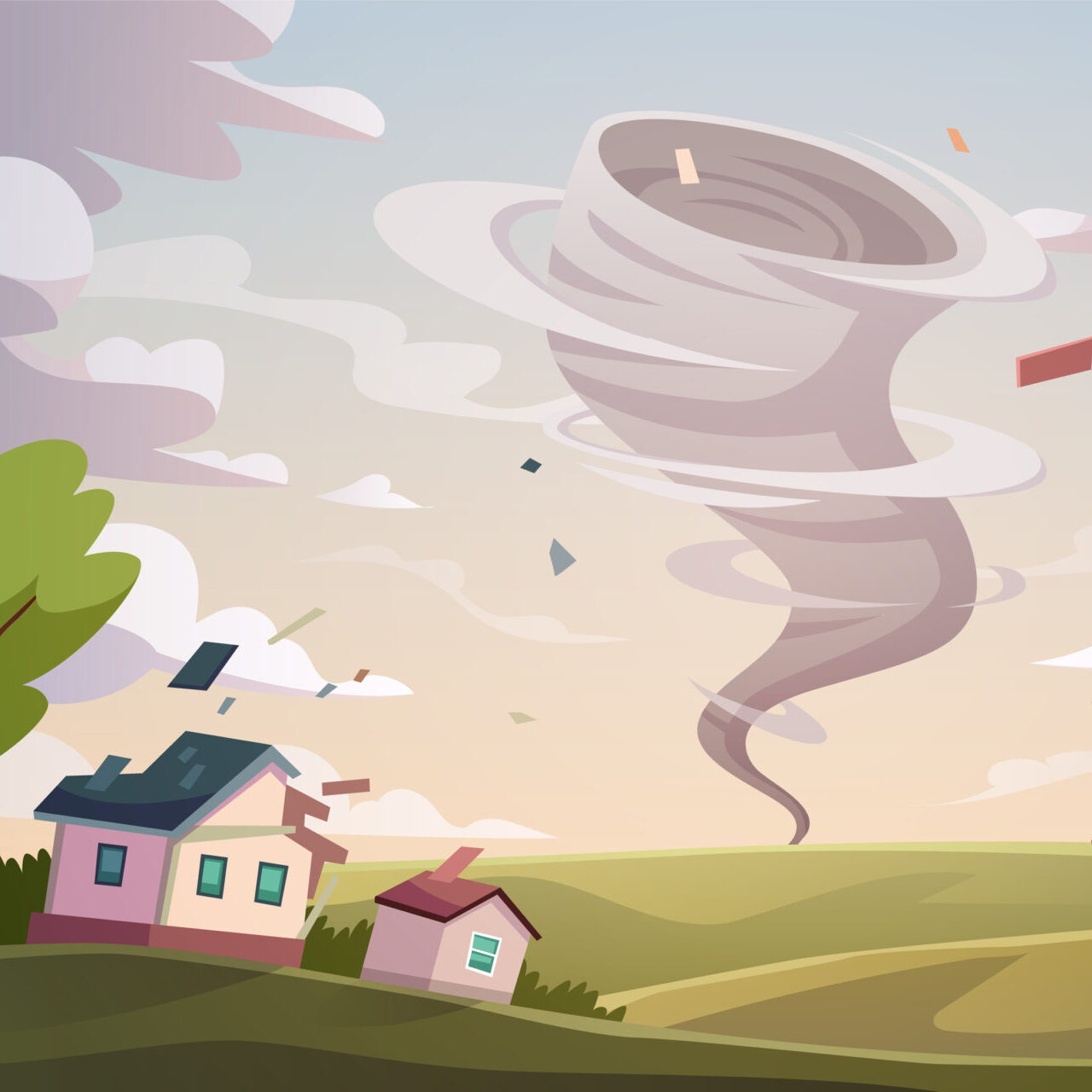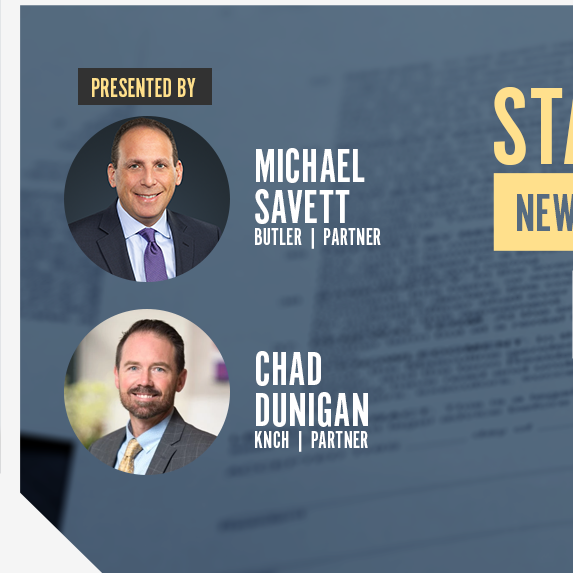
Common Sense” Conquers “Creative Pleading,” As The Eleventh Circuit Applies Narrow Exception To Florida’s “Four-Corners” Rule To Prevent Plaintiff From “Pleading Into Coverage”
Overview | Blog Posts | Third-Party Coverage | Ryan Hilton | Related | Print | Share
July 28, 2020
On July 23, 2020, the Eleventh Circuit Court of Appeals, applying Florida law, looked beyond an operative complaint to relieve an insurer of its duty to defend in BBG Design Build, LLC v. Southern Owners Insurance Company.1 In the case, the First Amended Complaint alleged that the plaintiff sustained injuries in 2014 when she worked part-time at a domestic resource center that BBG Design Build was renovating. The plaintiff vaguely alleged in the First Amended Complaint that “construction debris” caused her “bodily injury.”
Southern Owners refused to defend or indemnify BBG because the insurer had pre-suit knowledge that placed the plaintiff’s claim outside the scope of the liability insurance policy’s coverage. Specifically, the pre-suit demand package included a letter asserting that plaintiff was injured after being “exposed to hazardous fumes and dust” due to BBG’s remodeling activities. Additionally, the plaintiff’s medical records attached to the pre-suit demand reported exposure to fiberglass at a construction site and resulting bronchitis. Southern Owners concluded that the plaintiff’s assertions and corroborating medical records demonstrated that her injuries would not have occurred in whole or in part but for the alleged release or escape of pollutants. These facts fell squarely within the policy’s pollution exclusion.
The plaintiff’s initial complaint also alleged that BBG’s renovation activities caused “[s]ignificant amounts of construction debris” including “dust and airborne fiberglass,” leading to the plaintiff’s respiratory illness. Thus, it was undisputed that the plaintiff’s alleged injuries, including bronchitis, resulted from fiberglass exposure, triggering the unambiguous pollution exclusion.
In a concise opinion, relying upon Stephens v. Mid-Continent Casualty Co.2 and Nationwide Mutual Fire Insurance Co. v. Keen,3 the Eleventh Circuit concluded that “this case is one of the rare cases where uncontroverted facts place the claim outside the scope of coverage, and the First Amended Complaint is an attempt to plead into coverage despite the uncontroverted facts.”4 The court held that Southern Owners did not breach its duty to defend BBG against the underlying lawsuit, affirming the district court’s ruling.
The Eleventh Circuit did not technically disturb the rule that an amended complaint supersedes an original complaint for purposes of a “four corners” analysis;5 instead, the court invoked the narrow exception to the “four corners” rule by allowing the insurer to rely on uncontroverted facts, initially provided by the plaintiff herself, outside the operative complaint to render this particular plaintiff’s amendment ineffective. If anything, the amendment backfired. The Eleventh Circuit agreed with the lower court’s characterization of the amendment as an attempt to “plead into coverage,” and held that coverage issues should be resolved early, on the merits, instead of “on creative pleading.”6
- No. 19—14508, 2020 WL 4218108, — Fed. Appx. —- (11th Cir. July 23, 2020).
- 749 F.3d 1318 (11th Cir. 2014).
- 658 So. 2d 1101 (Fla. 4th DCA 1995).
- BBG, 2020 WL 4218108, at *4.
- See Baron Oil Co. v. Nationwide Mut. Fire Ins. Co., 470 So. 2d 810, 815 (Fla. 1st DCA 1985) (“It is the general rule that an original pleading is superseded by an amendment of it which does not express an intention to save any portion of the original pleading.”).
- BBG, at *3 (citing State Farm Fire & Cas. Co. v. Higgins, 788 So.2d 992, 1005 (Fla. 4th DCA 2001)).
For any further questions, please contact Ryan Hilton.



